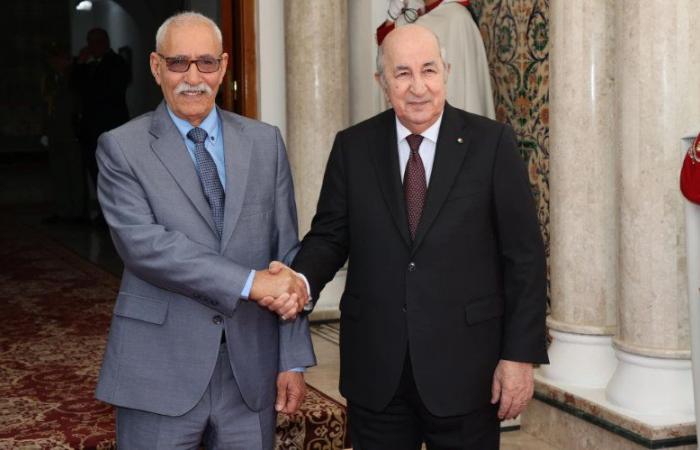The Polisario, supported financially and militarily by Algeria, seeks to imitate the Hezbollah model, but without possessing its assets, writes Bloomberg. Unlike Iran, Algiers does not have the strategic power or the network of alliances necessary to confront a Morocco supported by powers like the United States and France. Since the American recognition of Moroccan sovereignty over the Sahara in 2020, Rabat has accumulated diplomatic and economic successes, notably with massive investments in infrastructure such as the port of Dakhla Atlantique. Faced with this development, the Polisario’s actions appear limited and ineffective.
Algerian support for the Polisario represents a considerable financial burden. Military and diplomatic spending is absorbing crucial resources as the Algerian economy goes through difficult times. Despite this, Algiers continues to finance an organization without international recognition, further isolating itself on the world stage. The African Union, formerly favorable to the Polisario, is gradually moving closer to Morocco, while Algeria remains anchored in an obsolete logic.
Read: The Polisario caught in the act of deception
Like Iran with Hezbollah, Algeria seems to believe that a low-intensity conflict will be enough to destabilize Morocco. However, this strategy turns out to be counterproductive. Instead of weakening Morocco, it strengthens its position. Rabat’s rapprochement with Washington, Paris and Tel Aviv, as well as its economic partnerships with China and India, are consolidating its regional influence. The Polisario, confined to desert areas, cannot compete with Moroccan military power, equipped with cutting-edge equipment.
The weakening of the Polisario is visible on the diplomatic level. Several African countries have opened consulates in Laâyoune and Dakhla, de facto recognizing Moroccan sovereignty. Algeria, by withdrawing from regional cooperation bodies, excludes itself from the diplomatic game.
Support for the Polisario fuels discontent in Algeria, even if local media say the opposite. The country’s foreign exchange reserves are declining worryingly, while financing the conflict comes at the expense of the needs of the population. High unemployment and inflation fuel social tensions. The Algerian regime, faced with growing protests, could suffer the consequences of its stubbornness in supporting a lost cause.
In Morocco, the economic development of the Sahara continues rapidly. The port of Dakhla Atlantique, a major project worth ten billion dirhams, aims to make the region a strategic commercial platform. Investments in renewable energies confirm the integration of the Saharan provinces into a sustainable development strategy.






